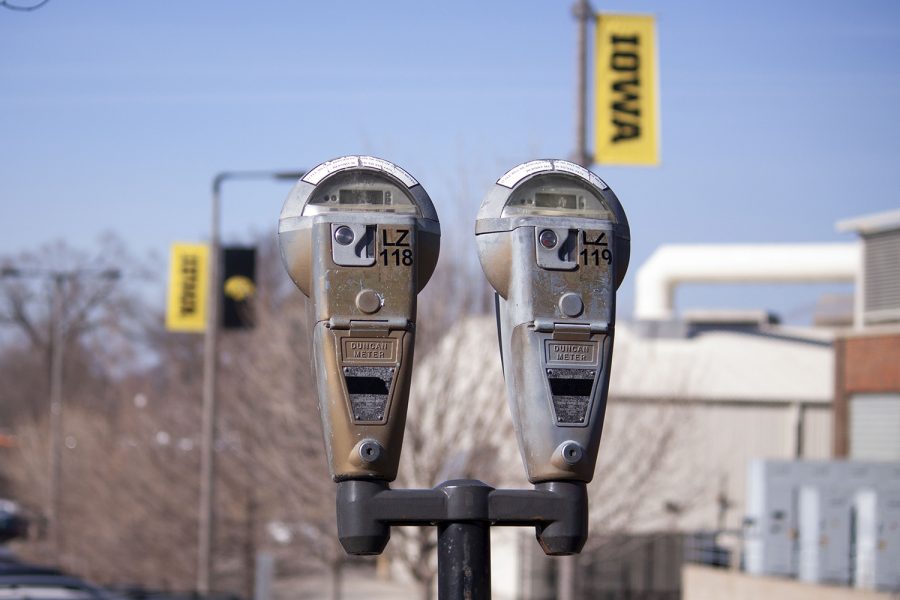Is downloading one song online worth an $80,000 fine?
The answer: yes, according to a federal jury and the Recording Industry Association of America. A single mother of two, Jammie Thomas-Rasset, faces a $1.92 million fine for illegally downloading 24 songs.
She is the first person to be taken to court over the issue of illegal downloading and file sharing, which the recording association says costs the industry as much as $12.5 billion and more than 71,000 jobs every year.
Locally, the UI has been subpoenaed for illegal downloading information in the past, said UI information technology security officer Jane Drews.
“We act on reports we receive from copyright reports,” she said. “If we get a Digital Millennium Copyright Act notice, then we investigate and take whatever steps to resolve.”
It’s different for UI senior Logan Dewes, who lives off-campus. His Internet provider, Mediacom, contacted him and his roommate with a warning around a year prior to having his Internet suspended.
“My roomate was sharing Entourage, and then we got a call a few months later because I downloaded the movie Notorious,” Dewes said.
For punishment, the two lost Internet access for “a month or two” during the spring semester. And if they strike out one more time, Dewes said, he and his roomate will never be able to create another account with Mediacom again.
But the serial illegal downloader estimated his collection contained roughly 6,000 songs, TV shows, and movies — “most of which were illegal.”
He built his compilation from the pre-lawsuit days, using file-sharing systems such as Napster, which found itself in federal courts when the recording association filed suit for copyright infringement in December 1999. Napster agreed to pay more than $26 million to settle the legal battle and filed for bankruptcy in 2002.
“I used to use Napster,” Dewes said. “All the kids did. Then Kazaa and Limewire — we just kind of went through whichever one was working best.”
The recording association acknowledged on its website people will continue to download music illegally despite past efforts to stamp it out. “It’s not realistic to wipe it out entirely, but instead to bring it to a level of manageable control so a legitimate marketplace can really flourish,” the group said.
In fact, the association has stopped filing lawsuits against individuals. The Minnesota case — with an original settlement of $220,000 — was simply left over from 2007 when the judge had erred in giving jury instruction.
Now with a fine of $1.92 million, Thoman-Rasset has stated she doesn’t have the money to pay. More discussions will take place in the future about her settlement.
Dewes fears his future could end up like the Minnesota case.
“I no longer have possession of illegal files; I don’t want to get in trouble for having illegal downloads,” Dewes said.






